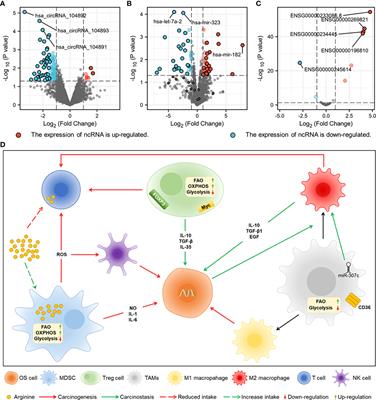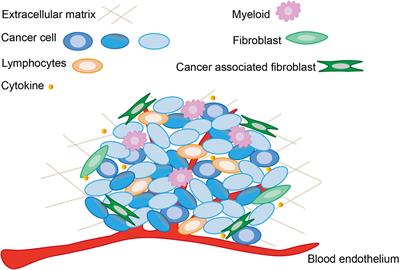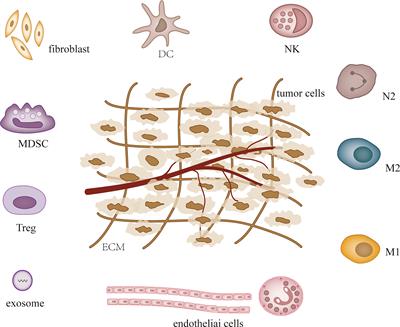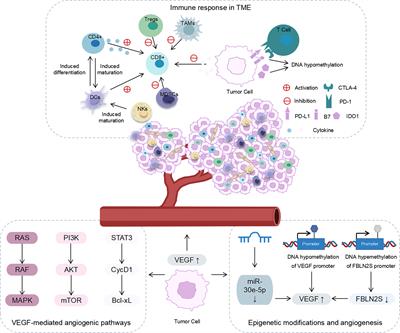ORIGINAL RESEARCH
Published on 02 Mar 2023
Nocardia rubra cell-wall skeleton activates an immune response in cervical tissue via stimulating FPR3 to enhance dendritic cell-mediated Th1 differentiation

doi 10.3389/fimmu.2023.1117545
- 1,961 views
- 4 citations










